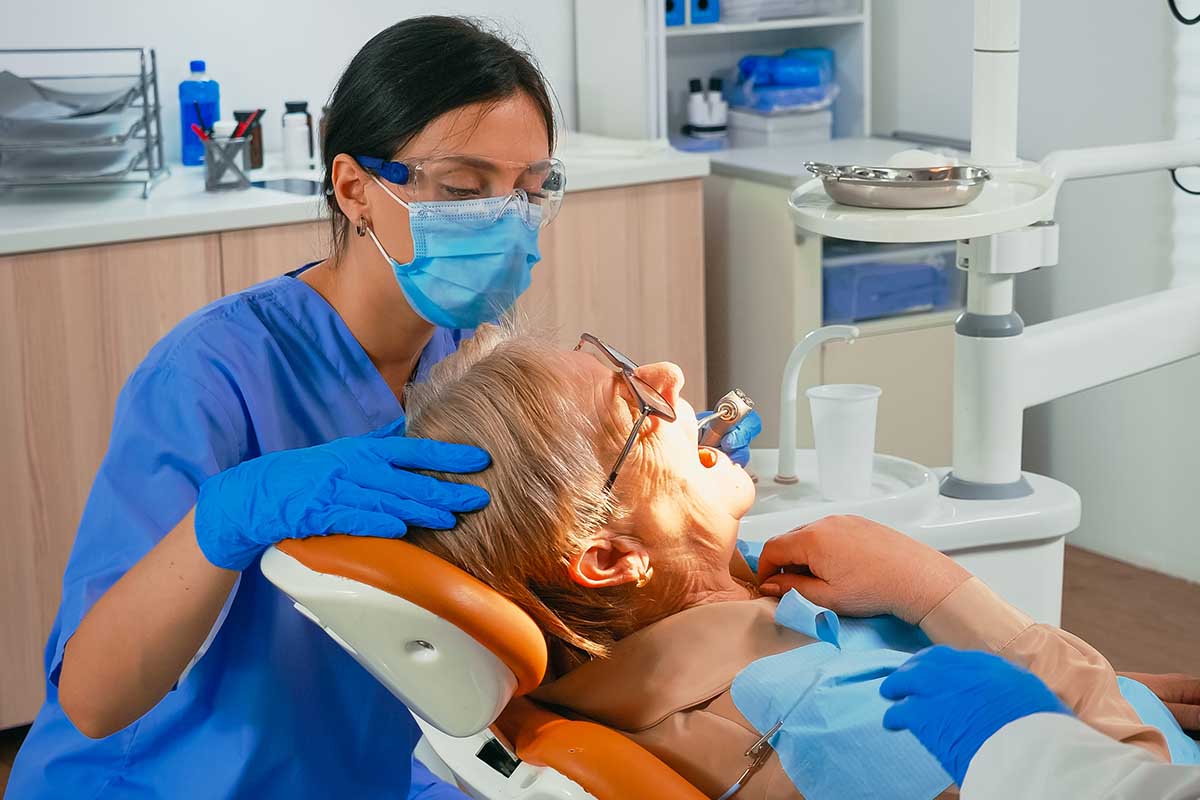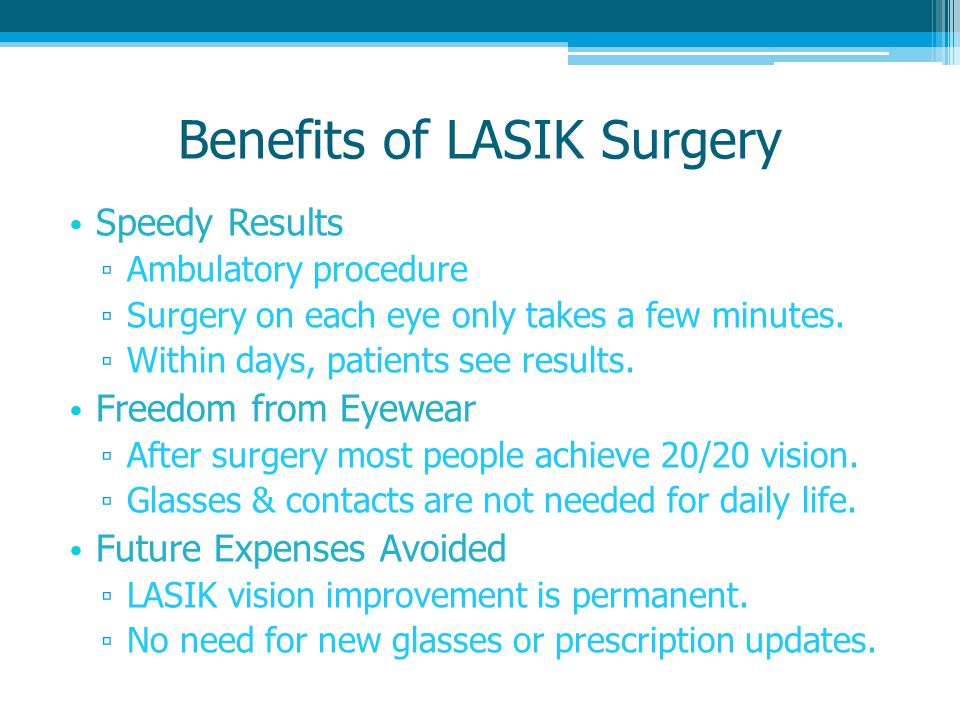
Urgent Dental Care: Navigating Emergency Dental Treatment
Emergencies can arise unexpectedly, including those related to dental health. Understanding the nuances of emergency dental treatment is crucial for prompt and effective solutions. In this guide, we explore the realm of urgent dental care, shedding light on the importance of quick responses and professional assistance.
Recognizing Dental Emergencies: The Need for Swift Action
Dental emergencies encompass a range of situations, from sudden severe pain and trauma to the mouth to issues like a knocked-out tooth or a broken restoration. Recognizing these emergencies is the first step toward seeking timely and appropriate care. Any uncontrolled bleeding, severe pain, or injuries to the mouth should be considered a dental emergency, necessitating urgent attention.
Immediate First Aid Measures: Calming the Situation
When faced with a dental emergency, immediate first aid measures can help manage the situation before reaching a dental professional. For issues like a knocked-out tooth, gently rinsing it with water and placing it back in its socket (if possible) or storing it in milk can increase the chances of successful re-implantation. Pain management techniques, such as applying a cold compress to the affected area, can help alleviate discomfort.
Contacting Emergency Dental Services: Swift Professional Assistance
In the event of a dental emergency, prompt contact with emergency dental services is paramount. Dental professionals trained in handling urgent cases can provide guidance over the phone and schedule immediate appointments for evaluation and treatment. Having the contact information for an emergency dental service readily available is essential for quick responses during critical situations.
Severe Toothaches and Abscesses: Addressing Pain and Infection
Severe toothaches and dental abscesses are common reasons for seeking emergency dental treatment. These situations often indicate underlying infections or dental issues that require urgent attention. Dental professionals can assess the cause of the pain, provide immediate relief, and recommend further treatments such as root canal therapy or extraction, depending on the severity of the condition.
Trauma to the Mouth: Quick Response to Injuries
Accidents leading to trauma to the mouth, such as a fall or impact, demand swift responses. Emergency dental care can address issues like chipped or fractured teeth, dislodged restorations, or injuries to the soft tissues of the mouth. Immediate assessment and treatment are crucial to prevent complications and preserve the integrity of the affected teeth and surrounding structures.
Handling a Knocked-Out Tooth: Maximizing Chances of Re-Implantation
A knocked-out tooth is a time-sensitive emergency that requires immediate attention. If possible, gently rinse the tooth, avoiding the root, and attempt to re-implant it into its socket. If this isn’t feasible, placing the tooth in a container of milk or saliva can help preserve it during transportation to the emergency dental care provider. Swift action significantly increases the chances of successful re-implantation.
Managing Broken Dental Restorations: Temporary Solutions
Broken dental restorations, such as crowns or bridges, can cause discomfort and expose underlying tooth structures. While awaiting professional help, individuals can use dental wax or temporary dental cement (available at pharmacies) to cover and protect the affected area. Seeking emergency dental treatment promptly is essential to address the broken restoration and prevent further complications.
Preventing and Planning for Emergencies: Proactive Measures
While it’s not always possible to predict dental emergencies, proactive measures can help prevent some issues and mitigate the impact of others. Regular dental check-ups, good oral hygiene practices, and using protective gear during physical activities can reduce the risk of dental injuries. Additionally, having an emergency dental kit with essentials like gauze, a small container, and the contact information of an emergency dental service is a proactive measure for quick responses.
Post-Emergency Follow-Up: Ensuring Long-Term Oral Health
After receiving emergency dental treatment, follow-up care is essential for ensuring long-term oral health. Follow any post-treatment instructions provided by the dental professional, attend scheduled follow-up appointments, and discuss any lingering concerns or symptoms. A comprehensive approach to post-emergency care contributes to the successful resolution of dental issues and supports overall oral well-being.
Emergency Dental Treatment: Your Lifeline in Critical Moments
In conclusion, understanding emergency dental treatment and knowing how to respond in critical moments can be a lifeline for oral health. From immediate first aid measures to seeking professional assistance, each step plays a vital role in managing dental emergencies effectively. To learn more about emergency dental treatment and access prompt professional assistance, visit health-sourcing.com. Your proactive approach to dental emergencies starts here, ensuring quick and effective solutions when you need them most.



